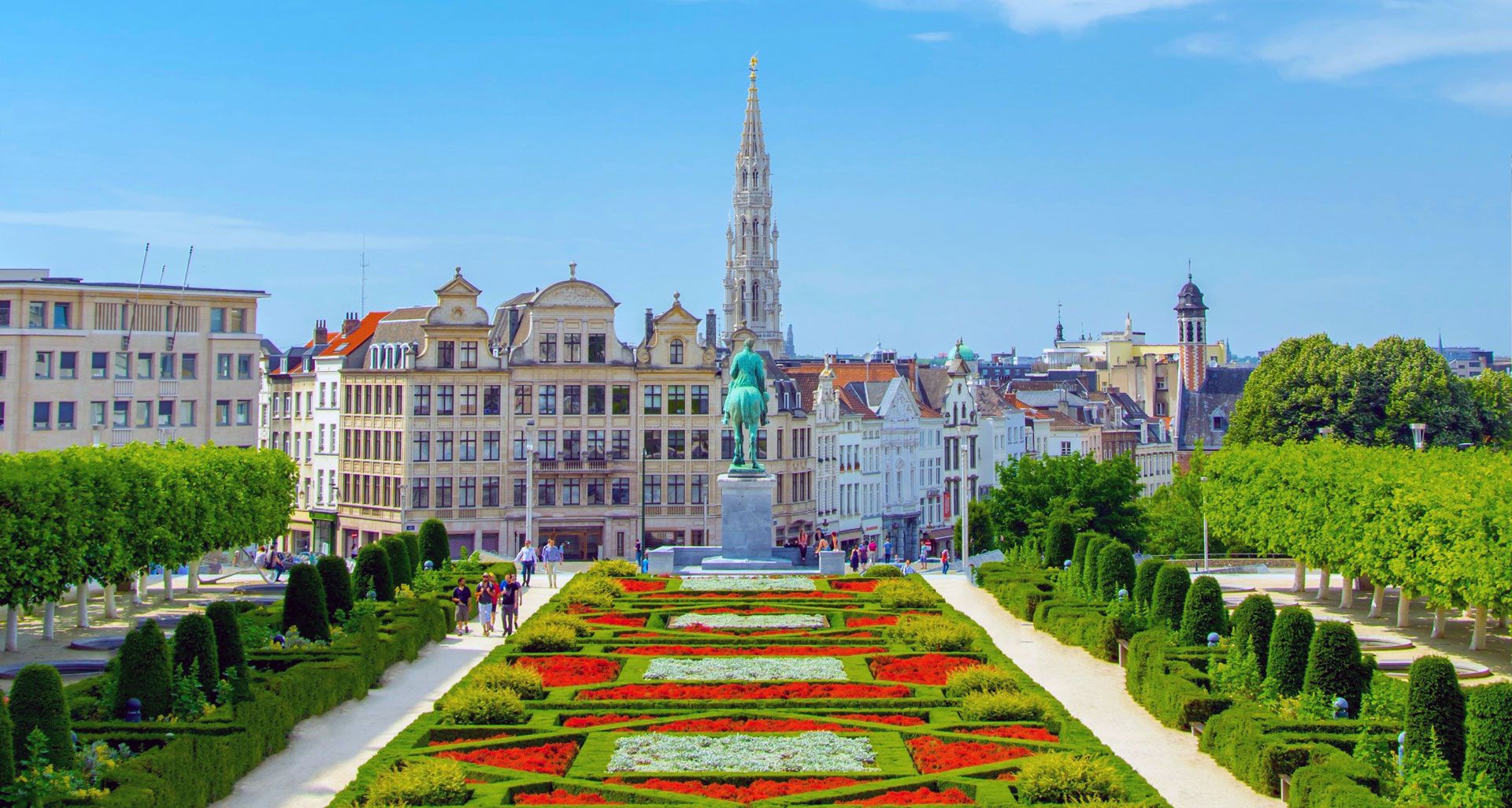
Belgium: Aiming to be a green, inclusive digital champion

ITU News talks to Petra De Sutter, Deputy Prime Minister and Minister of Public Administration, Public Enterprises, Telecommunication and the Postal Services, in the Federal Government of Belgium.
What is your vision for Belgium to become a digital champion at the European level and beyond?
From the moment I started as minister for telecommunications, my priority was to put our country on track to become exactly such a digital champion. That’s why we’re currently developing a Belgian roadmap – based on Europe’s Digital Decade policy programme – which contains trajectories, goals, and measures to take our country towards a green, inclusive digital transition.
To exclude people digitally is to exclude them from society. It’s like lacking the key to enter a house. Without that key, you’re outside.
And make no mistake, digital gaps can affect anyone; not just older people, for example. Recent studies show 40% of the Belgian citizens being at risk of digital exclusion. We are making large investments to close this gap and to make sure everyone is included.
What actions or strategies are helping to advance Belgium’s digitalization? Can you share any recent cases or examples?
European Union (EU) digital initiatives are increasingly important. The Digital Services Act, the Data Government Act, and the Data Act all promote and facilitate data flows in Belgium. But we have also taken steps at the national level.
The economy ministry (FPS Economy), for example, has developed an online tool to help entrepreneurs and SMEs (small and medium-sized enterprises) start developing e-commerce. The tool also emphasizes the value of differentiation through social and environmental values.
What are the key challenges Belgium faces in accelerating digitalization?
When looking at challenges, let’s not lose sight of what digitalization should be all about: improving society for our citizens. We need to make sure everyone is up to speed – in terms of both access to platforms and digital literacy.
We must ensure the Internet is affordable. Starting from the 1 March 2024, we will introduce a new monthly telecom social rate of EUR 19 (about USD 21) for those with the lowest incomes. Additionally, the Belgian government is making investments of more than EUR 10 million (USD 11 million) to close the digital gap and promote digital literacy.
In terms of availability, we need to eliminate the so-called “white zones” where people have no or limited internet access. A fast rollout of 5G and fibre is crucial. Additionally, we created the national Broadband Competent Office (BCO) last September to fill the existing gaps in 5G and broadband coverage.
We must make our telecom infrastructure sustainable. And finally, we are actively working to make the telecom sector more inclusive, with the ‘Women in Digital’ project aimed at attracting more women.
What role could technologies like 5G, 6G, artificial intelligence (AI), the Internet of Things (IoT), and the metaverse play in Belgium’s digital future?
The rapid evolution of 5G, 6G and AI will present many opportunities. To speed up 5G rollout and implementation, and to catch up with other EU countries, we are currently investing in projects with high social value, such as 5G for health care or traffic safety.
We must also be aware of the challenges. During Belgium’s EU presidency (January-June 2024), we want to promote a human-centric approach to digital transformation, including respect for fundamental human rights. For example, we will put projects on ethics in AI or algorithmic transparency high on the agenda.
How can the International Telecommunication Union (ITU), as the United Nations tech agency, support sustainable digitalization in Belgium?
ITU’s role – now and in the future – should not be underestimated. Sustainable digitalization is a global issue, and ITU is the organization encompassing by far the most countries and digital stakeholders worldwide.
We fully subscribe to the ITU’s objectives, especially with inclusion and the Sustainable Development Goals [set by the United Nations] in mind. In the years ahead, we will continue counting on ITU expertise on digital innovation.
ITU has demonstrated its readiness and capabilities to support its members during emergencies like the COVID-19 pandemic. Belgium will remain a reliable partner to develop this key role further.
What are Belgium’s priorities in terms of sustainable digital development over the next five years?
I strongly believe we should aim at a twin transition – in which digital goes hand in hand with a green, sustainable turnaround. Our resources are not infinite, so we need to make sure our energy comes from renewable sources and invest in smart solutions, whether for cities and buildings, water and waste management, energy efficiency or other systemic improvements.
Innovative digital technologies can put our economy and society on a more sustainable path, putting us on track for a clean and circular economy.
Consumer devices contribute massively to environmental costs. Consumers need to be better informed. CO2-emissions labels, such as the Eco Rating labelling scheme developed by several telecom operators, provide a good example, helping consumers compare and identify the most sustainable mobile phones. This in turn motivates suppliers to reduce the environmental impact of their devices.
The “right to repair” is a crucial step. The introduction of universal charger regulations, similarly, will save everyone money, along with averting more than 11,000 tonnes of electronic waste each year.
Header image credit: Adobe Stock
Photo: Federal Government of Belgium
